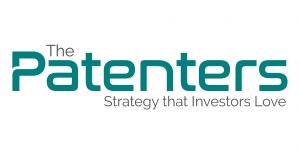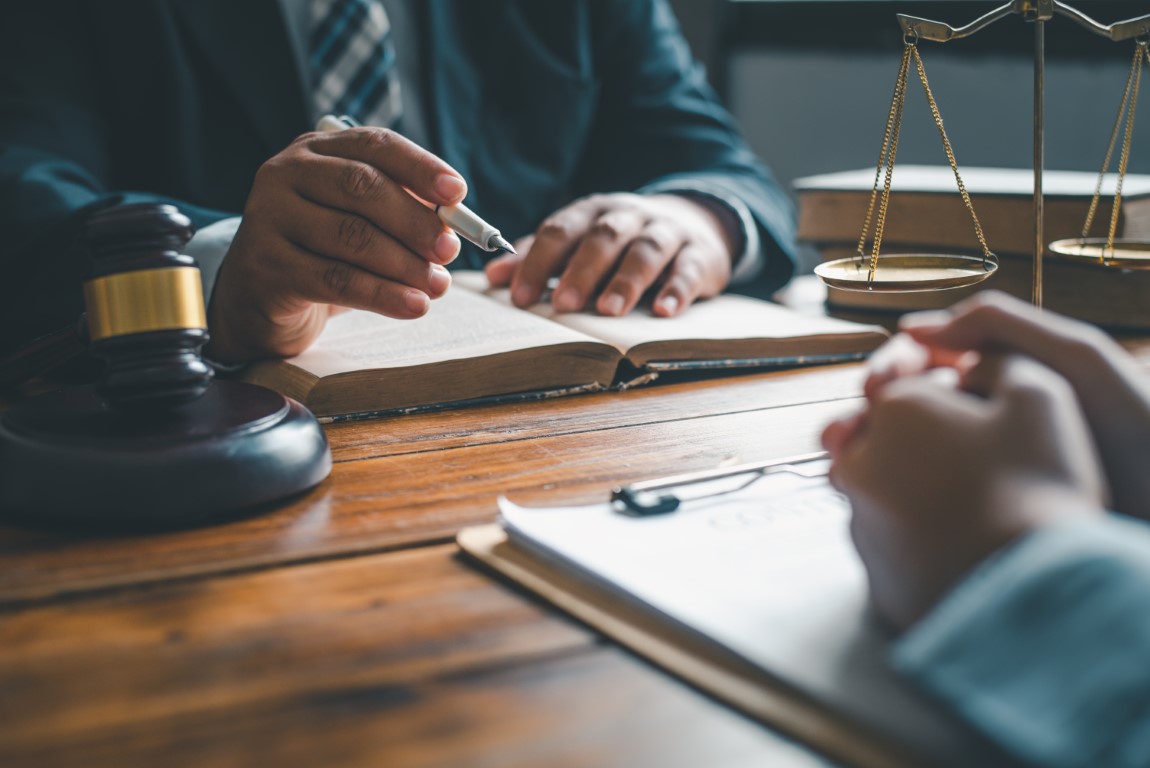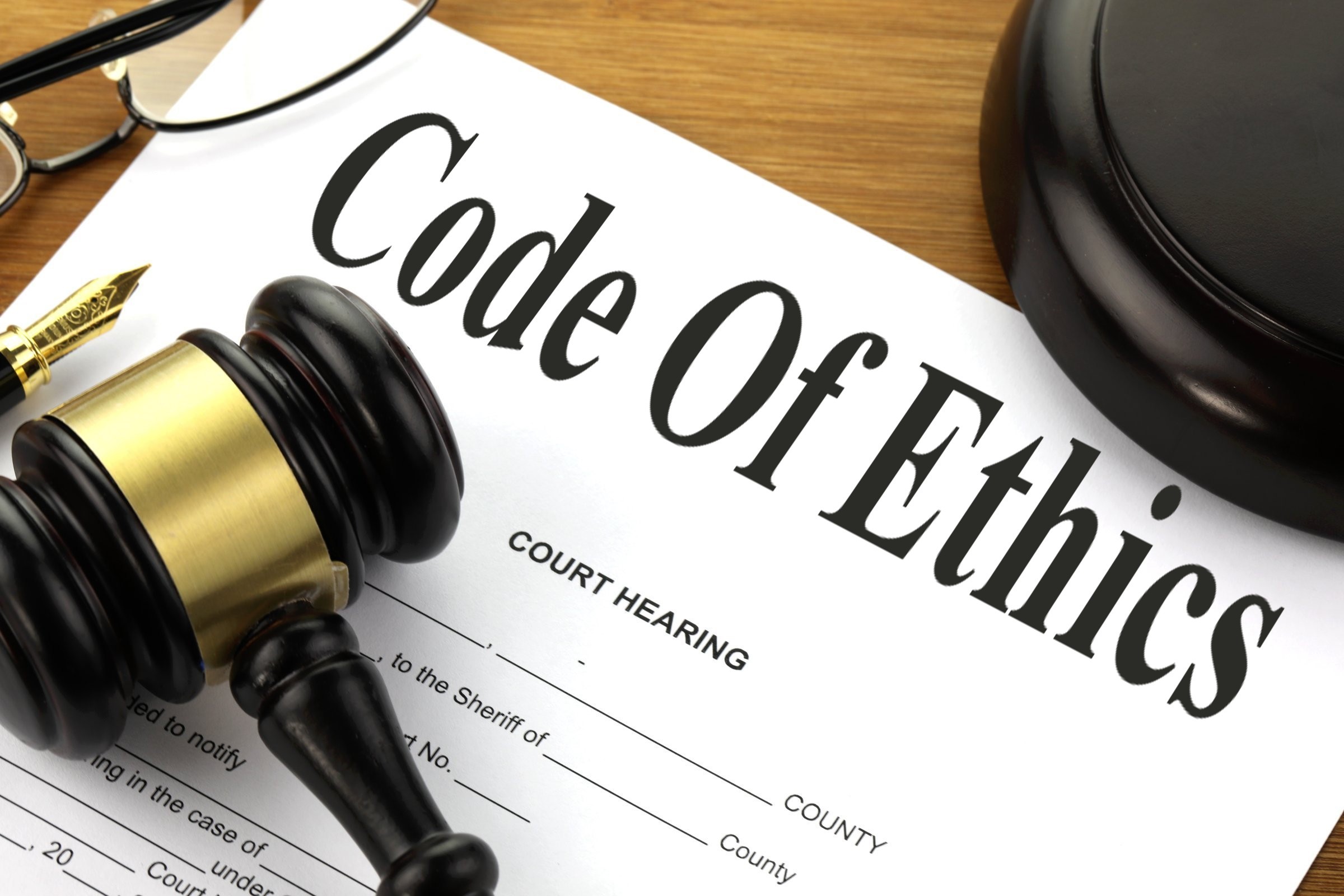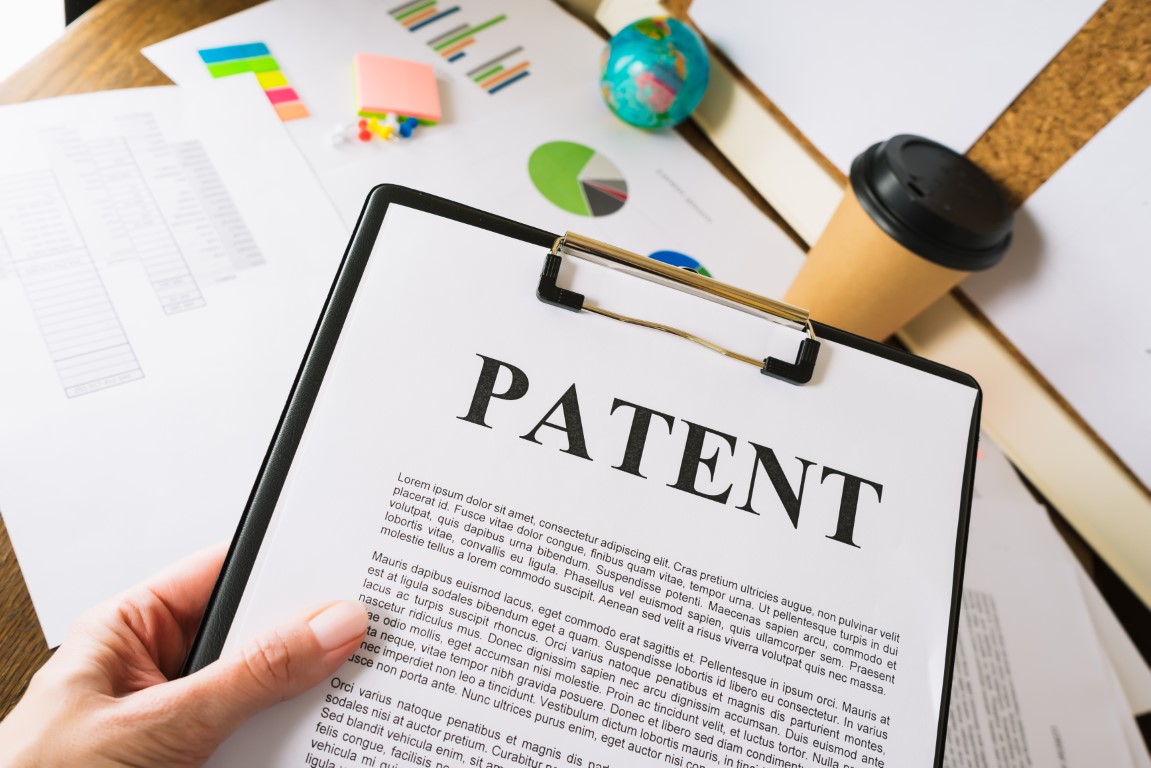רישום פטנטים
מהו פטנט? ואיך מבצעים רישום פטנטים?
פטנט הינו מסמך חוקי המגדיר המצאה.
רישום פטנטים מקנה לבעליו מונופול על ניצול מסחרי של ההמצאה.
המונופול מוגבל לאותה מדינה או אותו אזור בו נרשם הפטנט.
לעיתים עצם רישום הפטנט מספק הרתעה מספקת למניעת העתקה
וניצול מסחרי שלו על ידי מתחרים, ולעתים יש צורך בביצוע פעולה
על ידי בעל הפטנט כדי לשמר את המונופול, או לקבל פיצויים על השימוש
על ידי המתחרה באותו אזור.
כדאי לעקוב בהתמדה אחרי הפעילות הכלכלית של מתחרים
כדי לבדוק האם הם מנצלים מסחרית את ההמצאה.
מי שלא עוקב עלול לבסוף לאבד את זכותו למנוע את הניצול.
רישום פטנטים - מניסיוננו מידת הניצול על ידי מתחרים תלויה בכמה גורמים:
- מידת ההצלחה של ההמצאה בשוק – אם המוצר מצליח אז גם אחרים רוצים להרוויח מן ההמצאה.
- איכות העריכה של הפטנט – פטנט שכתוב בצורה גרועה מקשה על אכיפה ומקל על עקיפה.
- מידת החידוש והצעד ההמצאתי של ההמצאה – אם אלה חלשים אזי הפטנט עלול להתבטל במשפט.
- תחום העניין של ההמצאה – למשל, שיטות לעשיית עסקים הן המצאות שהמחוקק האמריקאי החליט להפלות נגדן תחת חוק הפטנטים האמריקאי החדש. כמו כן, שמענו הרבה פעמים מממציאים או מבעלי הפטנט שיש תחומים בהם לא מקובל לתבוע על העתקה ולכן ההרתעה מוחלשת.
- הגודל של החברה בעלת הפטנט – ומוניטין עורכי הדין המנהלים את הליטיגציה, לעומת המתחרים ועורכי הדין המייצגים אותם.
האפשרויות לרישום פטנטים
בדרך כלל כדאי להתחיל את תהליך רישום הפטנטים
על ידי הגשת בקשת פטנט ראשונה, באזור אחד בלבד, למשל בישראל.
בשלב הבא יש לבחור אחת מתוך שלש אפשרויות:
- להגיש בקשות פטנט נוספות, באזורים נבחרים בעולם,
תוך שנה ממועד ההגשה של הבקשה הראשונה. - להגיש בקשת PCT תוך שנה ממועד ההגשה של הבקשה הראשונה.
זוהי בקשה מיוחדת שקונה זמן ומאפשרת הגשת בקשה זו בלבד
במקום הרבה בקשות במועד זה. עדיין צריך להגיש את הבקשות הנוספות,
אך המועד להגשתן מתעכב עד שנתיים וחצי לאחר זמן הגשת הבקשה הראשונה. - להגיש שוב בקשת פטנט אחת, לאחר חלוף יותר משנה
אחת מאז הגשת הבקשה הראשונה. במקרה הזה בעצם גורמים
לאתחול מחדש של תהליך רישום פטנטים. צריך להיזהר שהבקשה הראשונה ו\או שימוש בהמצאה ו\או פרסומה לא יהרסו את כל בקשות הפטנט.
צריך להתייעץ עם עורך פטנטים.
בעיקרון תיאור ההמצאה בבקשת ה- PCT אינו חייב להיות זהה לתיאור ההמצאה
בבקשה הראשונה, אך כל הבקשות שמוגשות לאחר הגשת בקשת ה- PCT
חייבות להיות זהות בתאורן לתיאור שיש בבקשת ה- PCT.
לכן חשוב מאד שבקשת ה- PCT תערך על ידי עורך פטנטים.






